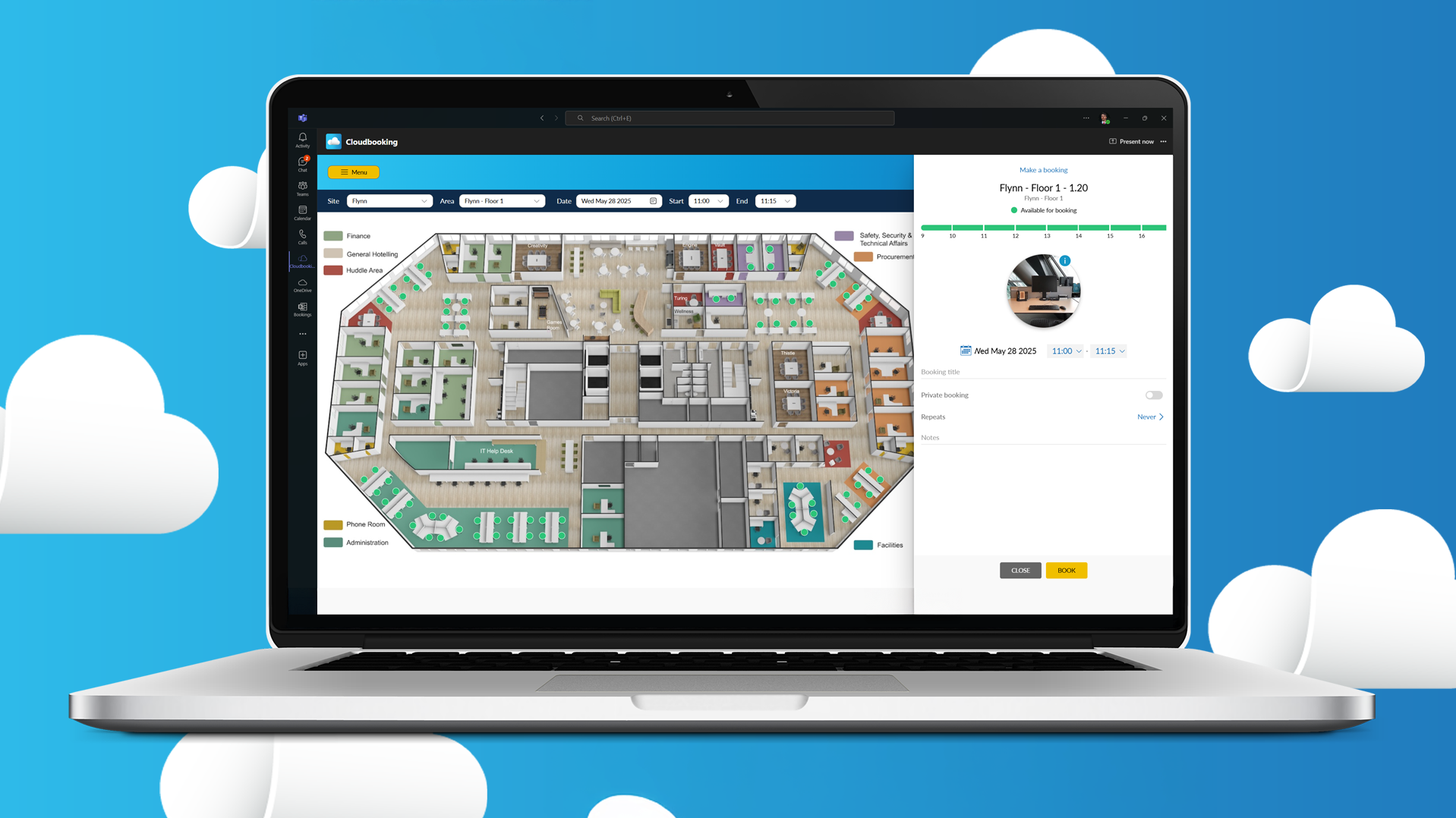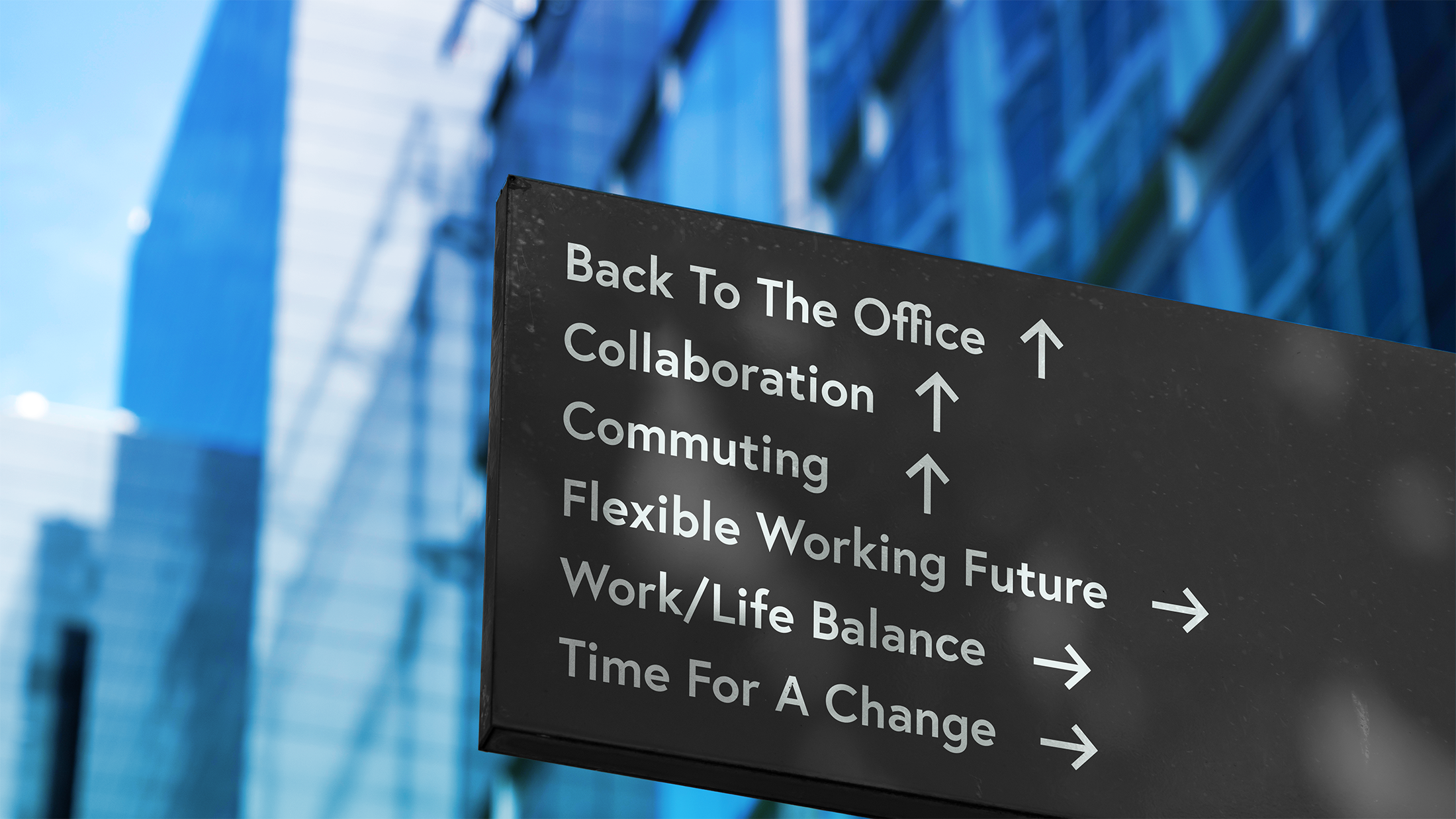
It’s time to create a supportive working environment for employees, it just makes economic sense.
Get a free demo
Enquire about a no-obligation demo today and get an exclusive hybrid working research paper — for free. Created in partnership with YouGov, this invaluable guide provides essential insights into developing your own effective hybrid strategy. Click below.
The UK’s workforce has more sick days than any other European country.
Flexibility is key for higher productivity.
With flu, backache, migraines and so on, we all have the occasional day off. However, when it comes to long-term absences, mental health it seems is the single most widespread cause of long-term absence from the workplace. The consultancy firm PricewaterhouseCoopers (PwC) calculated in 2013 that the average British worker takes 9.1 sick days off a year. The rest of Western Europe only at 7.3 days. Whilst in the US the figure is nearly half that of the UK at 4.9 days.
It’s a real economic concern, illustrated recently by health body BUPA, which said that over £29 billion pounds is lost to the UK economy, with mental health cited again as the major issue. Of course, the subject is huge, and statistics can be contorted to make good headlines with little substance. We really think that many of the reports we have read in recent years on mental health fail to take into consideration the workplace’s bearing on many people’s mental health. After all, when you are in a job that you don’t enjoy and feel unsupported, the response is to stay away as much as possible. If the situation persists, then it doesn’t create a positive situation for either side.
In 2014, the University of Warwick produced a report, which clearly shows that happy employees work harder, and are at least 12% more productive. Another study shows that the quality of life for employees is now a top priority for businesses as it is shown to directly impact work productivity.
Employee satisfaction is so incredibly vital that it cannot be ignored.
Treat employees well, support them and they will naturally perform better, with less time off sick. Flexibility is key for higher productivity, less absence and keeping staff in a job they love. This gives them more control over how to manage their work and lives. Allowing a work/life balance for workers, like us here at Cloudbooking. This means a workforce who are motivated, supportive and genuinely behind what their organisation is trying to do. The organisation becomes ‘we,’ rather than ‘them.’
Britain’s level of sick absences is inexcusable. It’s time to create a supportive working environment for employees, it just makes economic sense. Let’s work together to create a ‘win-win’ for the UK economy.


